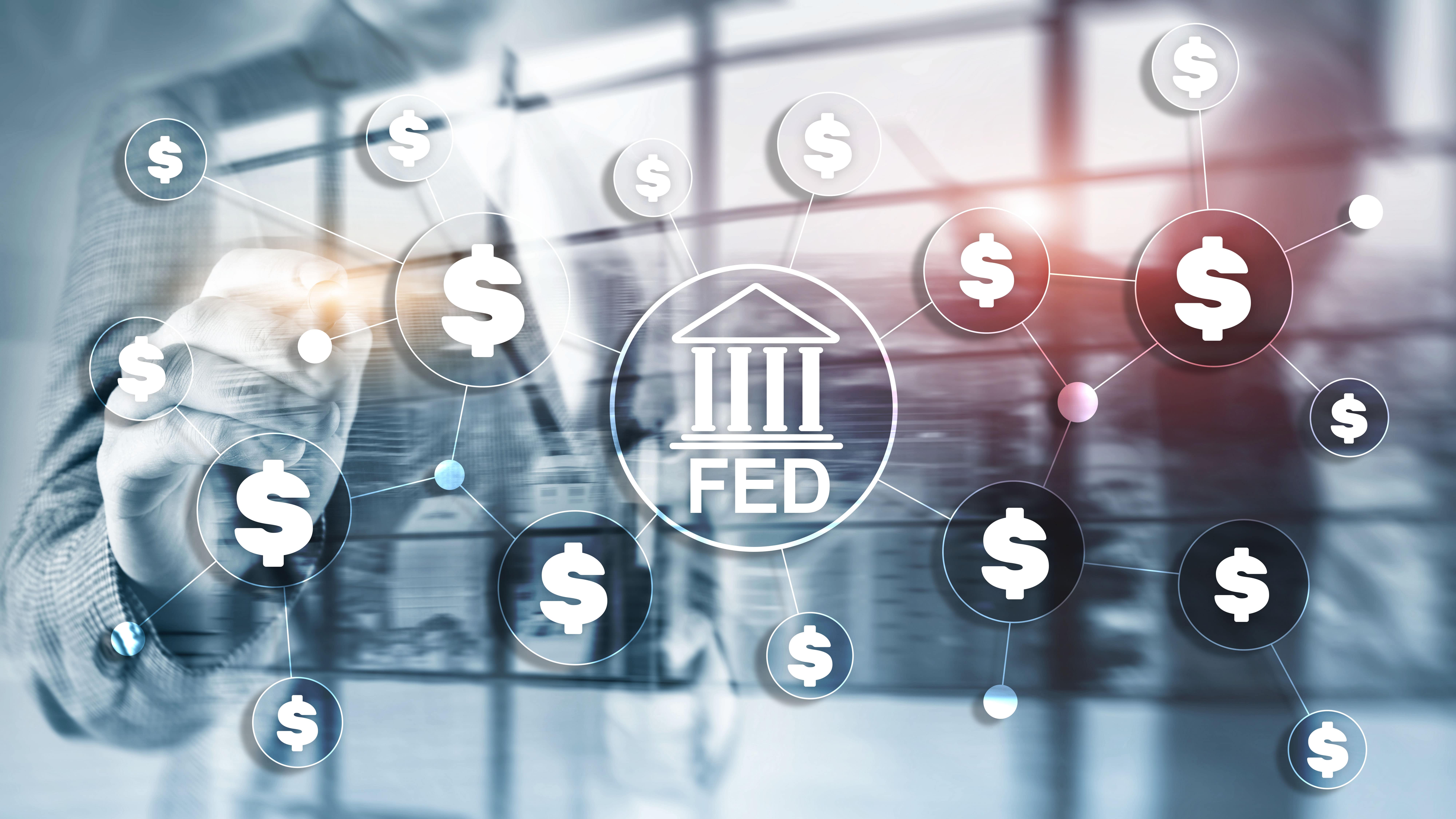
The Federal Reserve System, also known as the “Fed,” is the central banking system of the United States. It was created in 1913 by the Federal Reserve Act in response to a series of financial panics in the late 19th and early 20th centuries. The Fed is responsible for implementing monetary policy in the United States and for regulating the country’s financial system.
The Fed is made up of three key components: the Board of Governors, the 12 Federal Reserve Banks, and the Federal Open Market Committee (FOMC). The Board of Governors is a seven-member board of appointed officials who oversee the operations of the Fed. The Federal Reserve Banks are located in major cities across the country and serve as the central bank for their respective regions. The FOMC is the main policy-making body of the Fed and is responsible for setting interest rates and making decisions about monetary policy.
One of the main functions of the Fed is to regulate the supply of money in the economy. It does this through a variety of tools, including setting the discount rate, which is the rate at which banks can borrow money from the Fed, and conducting open market operations, which involve buying and selling government securities in the open market to influence the supply of money. The Fed also regulates the financial system by setting and enforcing rules for banks and other financial institutions, and by providing financial services to the government and the public.
In addition to its regulatory and monetary policy functions, the Fed also plays a key role in the payment system of the United States. It operates and maintains the infrastructure for electronic payment systems, including the Automated Clearing House (ACH) and the Real-Time Gross Settlement (RTGS) system.
The Fed is an independent government agency, meaning it is not subject to political interference. However, it is accountable to Congress and the public, and its decisions can have significant impacts on the economy. Overall, the Fed plays a crucial role in maintaining the stability of the financial system and the health of the economy.